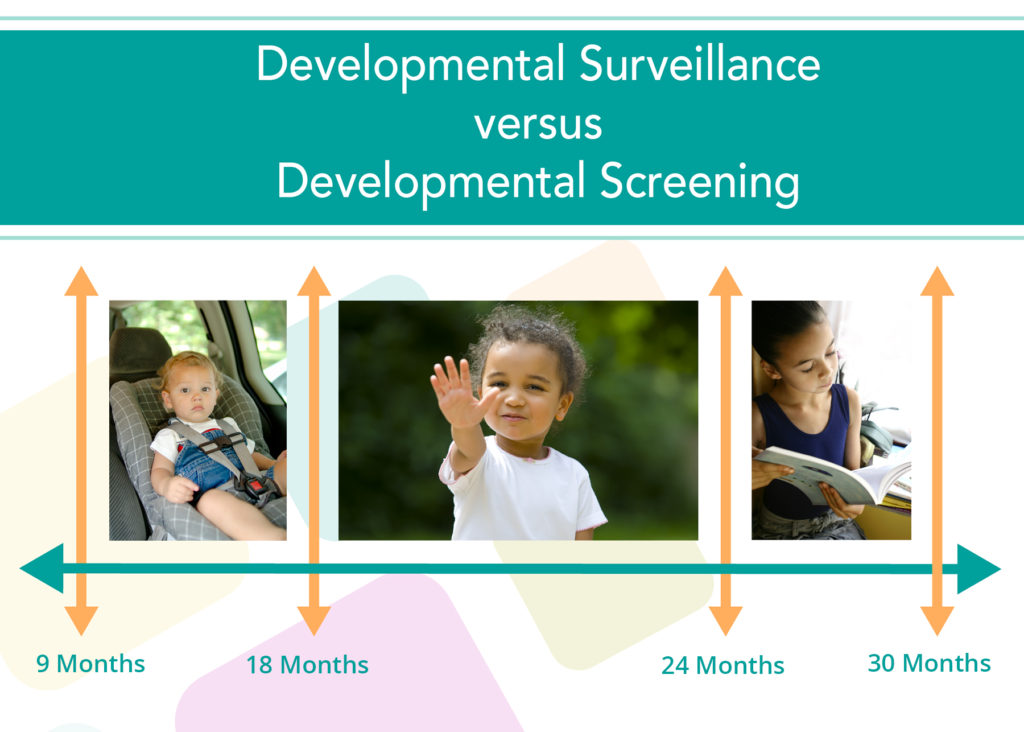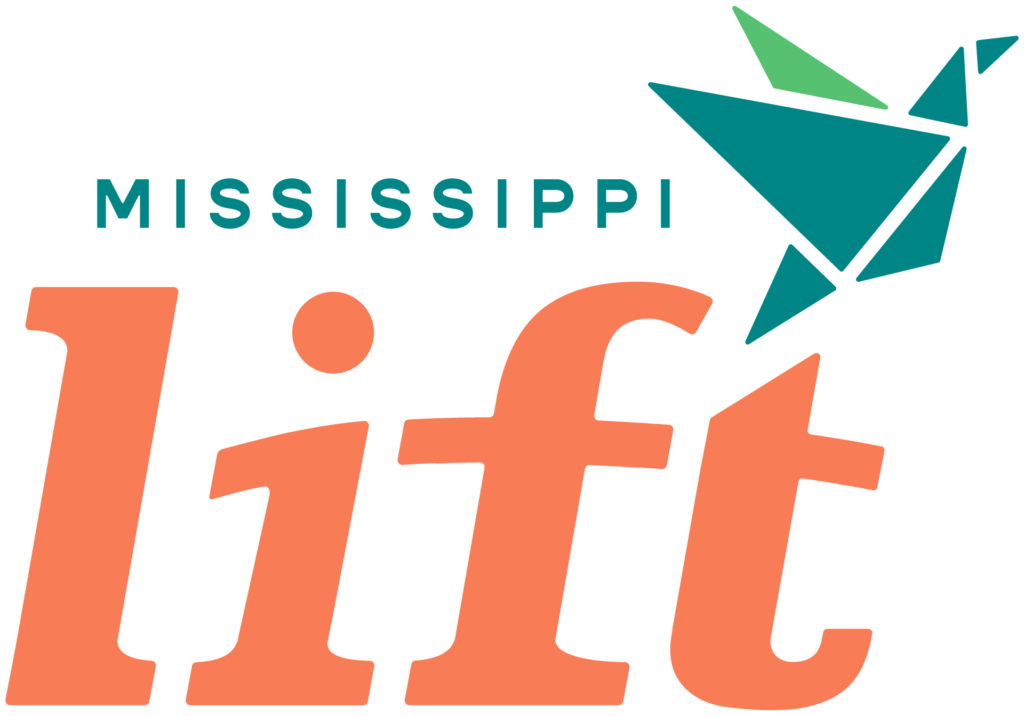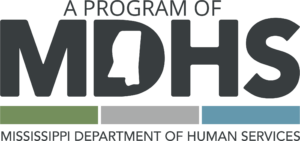Health Care Providers
The Importance of Early Development
You play a vital role in laying the foundation for strong brain development from the start.
As a health care provider, you know the importance of early childhood development and brain growth. From surveillance and screenings to helping moms and dads survive and thrive in the early years, you’re on the front lines carrying out the mission to improve the health of Mississippi’s children. We want to make sure you have everything you need to make that happen.
Developmental Screening and Health Promotion Toolkit Using a Whole Child and Family Approach
A Pathway to Operationalize Bright Futures Early Childhood Guidelines

Health care providers who work with infants, toddlers, and preschoolers have a critical role to play in laying the foundation for early brain development, which has a lifelong effect on health and wellbeing. This toolkit offers practical resources for health care providers who are looking to incorporate recommended developmental screenings and provide comprehensive well child care services (WCC). Resources included can enhance the ways you equip parents and other caregivers to promote their children’s development.
Healthcare Providers
Health care providers in Mississippi typically do a good job with developmental surveillance! Now let’s take it to the next level with regular developmental screenings. Surveillance is ongoing developmental monitoring at well-child checks—it’s what you do at every visit already: noting whether a child is reaching his milestones and asking parents if they have concerns; but screenings use a validated tool and are performed at specific intervals. Using a reliable screening tool at recommended intervals can help identify mild delays that otherwise may be easily overlooked during routine surveillance. The American Academy of Pediatrics recommends using a validated screening tool like Ages and Stages (ASQ) or Parents’ Evaluation of Developmental Status (PEDS) at 9, 18, and 30 months or when a developmental concern arises.

Surveillance occurs continuously over time.
Screening occurs at specific points in time using a validated screening tool like the Ages and Stages Questionnaire (ASQ) and the Parents’ Evaluation of Developmental Status (PEDS).
Regular surveillance is still important in addition to screenings.
During all well-child visits, the AAP recommends surveillance (or monitoring) of developmental delays by:
- Asking parents about their concerns
- Obtaining the child’s developmental history
- Observing the child's behaviors
- Identifying risks and protective factors
- Documenting your findings
Other helpful resources and tools related to child development data can be found at:
- KIDS COUNT Data Center
- The National Survey of Children's Health
- The National Survey on Drug Use and Health
- National Center for Health Statistics
- Youth Risk Behavior Surveillance System (YRBSS)
- Mississippi Families for Kids’ Help Me Grow program provides free questionnaires to check children’s development! ASQ-3 (Developmental Screening)
- Mississippi Families for Kids’ Help Me Grow program provides free questionnaires to check children’s development! ASQ: SE-2 (Social & Emotional Developmental Screening)
In this topic-specific excerpt from the Blueprint for Improving the Future for Mississippi’s Children, read about the history of developmental screenings in Mississippi and the latest recommendations for supporting an integrated system that ensures all children are screened at appropriate ages and receive follow-up and needed therapies.
It is important to refer children right away if needed. They often don’t just “grow out of” delays.
The Mississippi Thrive! call line can help you connect families with the right support.
For children younger than three who need developmental services, start with First Steps Early Intervention Program through Mississippi State Department of Health. They can be reached at 1-800-451-3903 or by clicking here.
Children age 3 and older in need of developmental services can be linked to Child Find through the Mississippi Department of Education which offers services and interventions for unique educational needs. Call your local school district to connect with the Child Find contact in your area.
These services are available at no cost to families.
Find resources to share with families.

Health Care Providers
Vroom. The perfect way to help families help their children. Vroom is a valuable online resource full of free, easy-to-use tips and activities parents can use to help their children learn and grow.
Vroom Well-Child Visit Resources
We know you make the most out of the healthcare moments you share with families in your clinic. Vroom has well-child visit handouts that let you extend those moments by sharing science-backed brain building ideas that families can use in everyday moments like mealtime and bath time.
Teach families how to mark the milestones.
Plus get free materials for your office.
The CDC’s “Learn the Signs. Act Early” program offers free, evidence-based, parent-friendly resources to assist you with discussing developmental surveillance from age 2 months to 5 years. They’ll also provide your practice with free educational materials to share with others.
Contact Mississippi’s CDC Learn the Signs. Act Early. Ambassador for materials and training: Leslie LaVergne, Ph.D.; Director, Wellness Programs; MS Ambassador, CDC Learn the Signs. Act Early. The Institute for Disability Studies; The University of Southern Mississippi; 601-266-6225; Leslie.LaVergne@usm.edu.
Reach Out and Read gives young children a foundation for success by incorporating books into pediatric care and encouraging families to read aloud together. Reach Out and Read provides support for pediatric teams, advises families about the importance of reading with their children, and shares books that serve as a catalyst for healthy childhood development.




